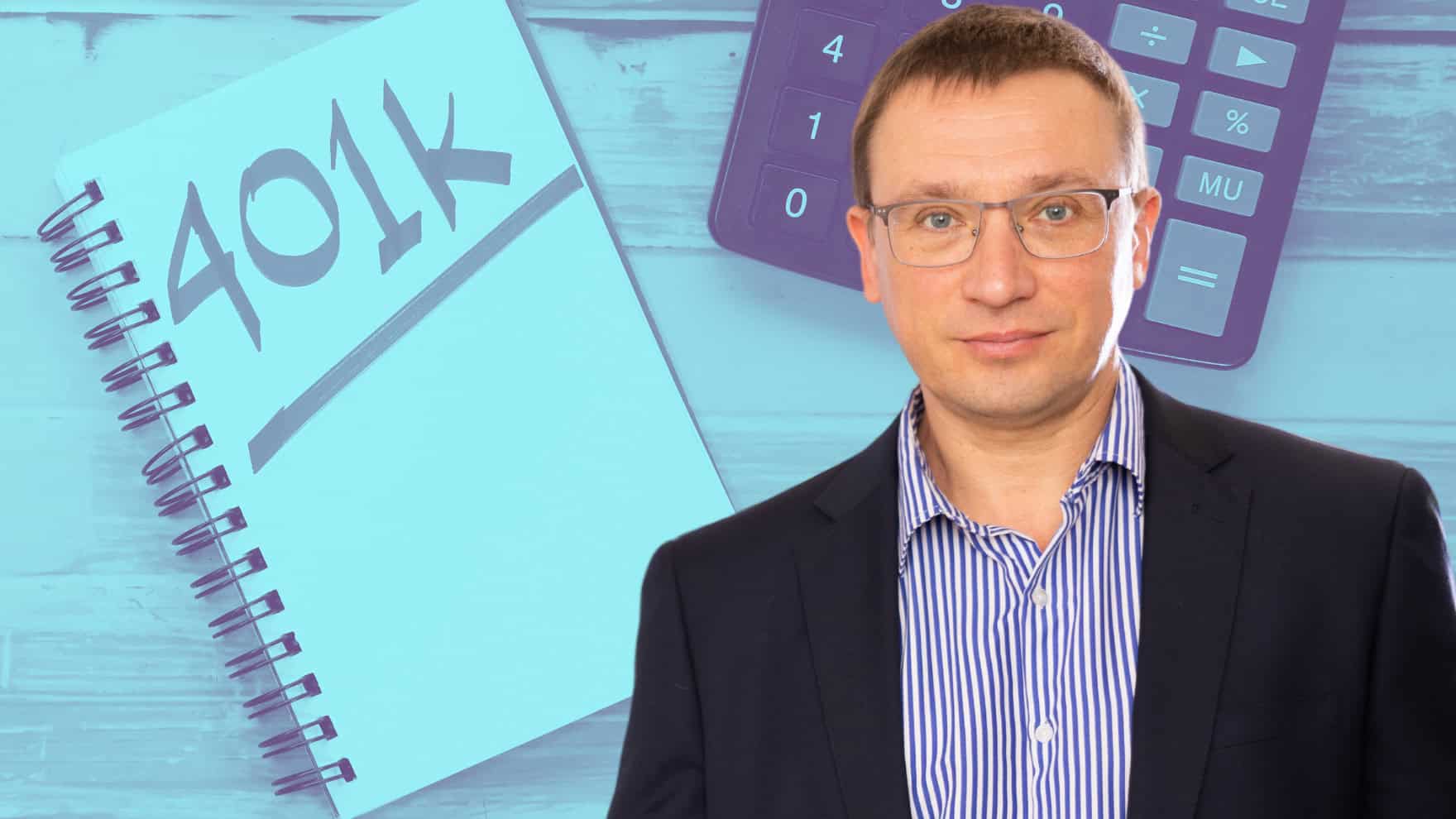Personal Finance
I'm 44 with $1.3 million in my 401(k) — can I stop contributing and still retire in 15 years?

Published:

Key Points from 24/7 Wall St.:
Recently, a Reddit poster asked if they were at a stage when investing in a 401(k) no longer made sense because the growth of the account from compound growth would far outweigh the amount they could invest.
The Redditor had $1.3 million saved at age 44 and a goal to retire at 59 1/2. He commented that even if he contributed the max, that would only make up 1% of the expected growth of the account for the year. He also said he hopes his nest egg will produce a minimum of $100,000 per year by the time he reaches his chosen retirement age.
So, the big question is, can he stop contributing and hit his desired retirement savings target or should he keep investing?
The first step in deciding whether he can stop investing or not is to decide how much money he’d need to produce his desired $100K income as a retiree.
Traditionally, most experts advised following the 4% rule, capping withdrawals in year one of retirement at 4% of the account balance. However, this estimate has recently been revised down to 3.7%. If you follow the 3.7% rule, you’d need around $2,703,000 for your nest egg to give you $100,000 to live on as a retiree.
If you have $1.3 million now and earn a 7% average annual return on it for the next 15 years, you’d end up with $3,586,741 million. You would have more than enough to hit your target. In fact, the nest egg you’re on track for would give you around $132,709 in annual income as a retiree.
Technically, this means the Reddit user is right and there’s really no clear reason to keep investing in this account just based on these numbers alone.

Although you no longer necessarily need to make 401(k) contributions to build a secure future, you may still want to.
After all, if your employer offers matching funds, leaving them on the table is kind of foolish. You’re giving up free money that’s part of your compensation package. There’s no reason to pass that up unless you really can’t afford 401(k) contributions right now while maintaining a comfortable standard of living.
Putting more money into your 401(k) in the coming years can also make you even richer as a retiree. If you invest even $500 a month over the next 15 years and earn a 7% rate, you’d end up with $3,737,515.13 instead of $3,586,741 (not including any extra from employer matching funds). An extra $150K plus could help you enjoy retirement more, cover unexpected healthcare expenses with ease, or leave more to your heirs.
There’s also the matter of the tax savings you get from 401(k) contributions. If you stop contributing, you’ll lose that benefit. Your current taxable income will be higher. Giving up the government subsidy for retirement savings only to send more to the IRS isn’t an ideal outcome.
Now, this isn’t to say continuing to save in a 401(k) is always the right choice. If you qualify based on income, you may want to put some money into a Roth IRA after earning your employer match, instead of socking away extra in your workplace plan. This would allow you to enjoy some tax-free withdrawals as a retiree.
Or, if you don’t have a lot of money in a regular brokerage account, you may want to build up that accessible pot of cash rather than putting more into a 401(k) after earning your match. After all, 401(k) investment options are more limited and there are strict rules for withdrawals that don’t apply to a taxable brokerage account.
A financial advisor can help you to decide which of these options makes the most sense — and it’s usually worth getting professional help once you’re talking millions of dollars. Ultimately, though, unless you have a very good reason to stop making retirement plan contributions, continuing to put money into your 401(k) at least to earn your full employer match just makes good sense.
Once the match is earned, you can decide if your money belongs in your 401(k) to earn tax breaks, in another retirement plan, or invested elsewhere — but continuing to invest in some capacity can help you build upon your current success and create generational wealth that changes your family’s future.
Retirement can be daunting, but it doesn’t need to be.
Imagine having an expert in your corner to help you with your financial goals. Someone to help you determine if you’re ahead, behind, or right on track. With SmartAsset, that’s not just a dream—it’s reality. This free tool connects you with pre-screened financial advisors who work in your best interests. It’s quick, it’s easy, so take the leap today and start planning smarter!
Don’t waste another minute; get started right here and help your retirement dreams become a retirement reality.
Thank you for reading! Have some feedback for us?
Contact the 24/7 Wall St. editorial team.